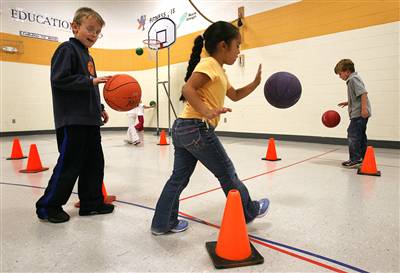Pella Corporation offers more than just a program

Pella Corporation has partnered with Character Counts In Iowa for almost 10 years. They have incorporated the program into their own organization, the Pella community, and different counties throughout Iowa where manufacturing takes place. Mary Van Zante, Manager of Corporate Communications, shares with us the impact of the Character Counts program.
Since 2002, Pella Corporation has been partnering with Character Counts In Iowa to lead the way in building a better community. To celebrate the 50th anniversary of the Pella Rolscreen Foundation, Mary Van Zante took initiative to find a program that offered the same values as their organization. After attending a presentation in Carroll, Iowa, Mary learned first-hand the effect CHARACTER COUNTS! had on that particular school system and was convinced to move forward with the program.
Shortly after, CHARACTER COUNTS! was being introduced within the company and to schools across Iowa where Pella Corporation operated manufacturing plants. One of those schools in Pella expressed so much interest that fifth grade teachers were volunteering their own time to attend the training offered by Character Counts In Iowa.
Offering a sons and daughters scholarship is one of the ways Pella Corporation has uniquely implemented CHARACTER COUNTS! into their business and community. To be considered for a scholarship seniors in high school must discuss which pillar is the most important to them from The Six Pillars of Character. From a variety of different essays, Mary has seen the importance of character and how it has impacted students’ decision-making process and relationships with others.
As Pella Corporation continues to grow, the message of Character Counts In Iowa has reached places such as Murray, Kentucky where Pella Corporation began production. Mary Van Zante has believed in the power of CHARACTER COUNTS! for almost 10 years and continues to challenge herself and the company to take full advantage of the resources offered through the program.

 Paula Bell shares some simple thoughts on character that she has learned throughout her life journey. Read this and challenge yourself to implement character goals in your own life.
Paula Bell shares some simple thoughts on character that she has learned throughout her life journey. Read this and challenge yourself to implement character goals in your own life.